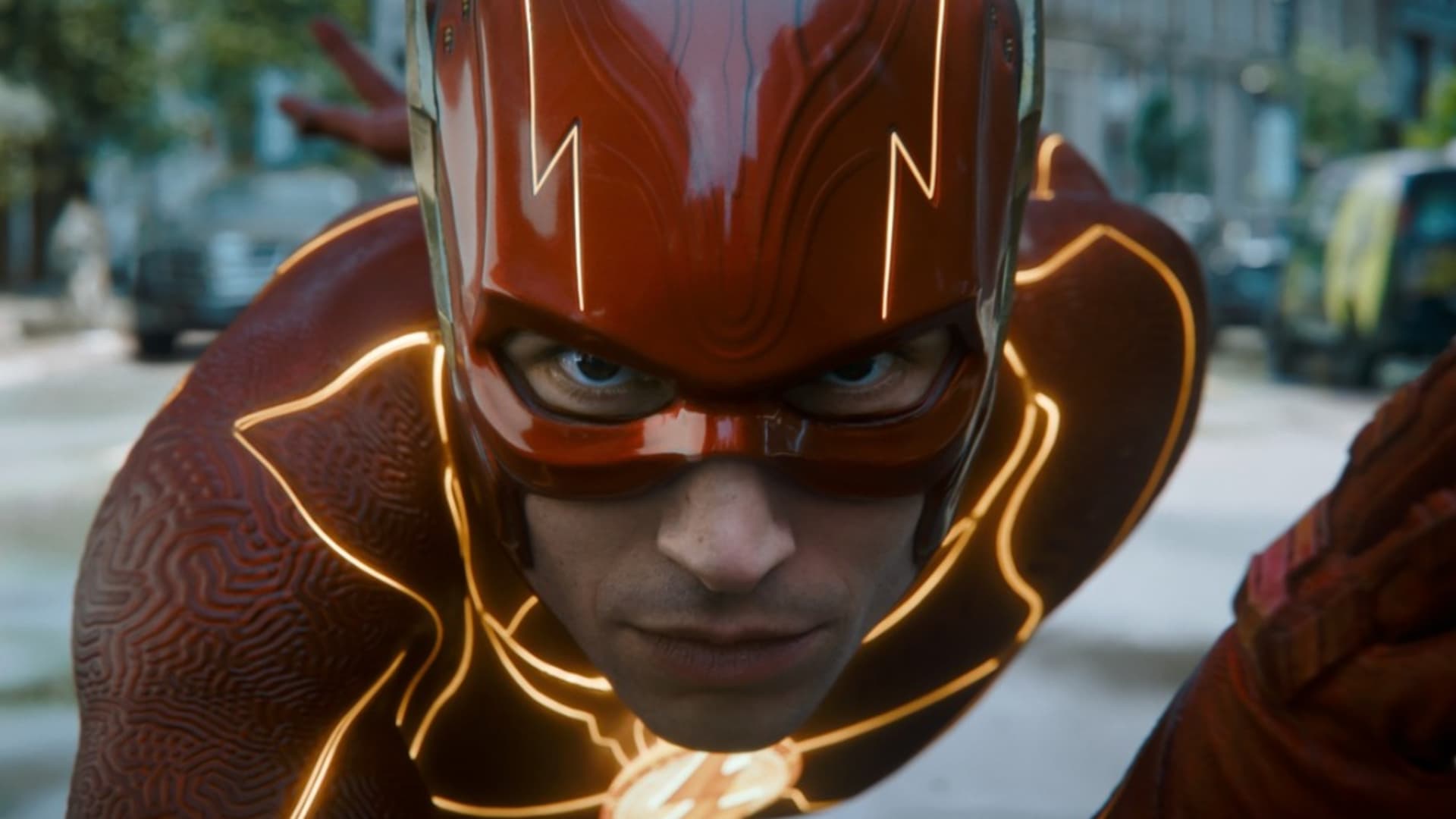Ezra Miller, known for his role as Barry Allen in Warner Bros.’ “The Flash,” takes the spotlight in this superhero film. Despite its star power, “The Flash” has unfortunately turned out to be a flop at the box office. This adds to DC Studios’ recent string of disappointments, including the underwhelming performance of “Black Adam” and the forgettable “Shazam: Fury of the Gods.”
It’s clear that DC Studios is feeling the pressure and experiencing envy toward the success of the Marvel Cinematic Universe (MCU). With a collective gross of around $30 billion worldwide since 2008, the MCU has set a high standard for superhero films. In response, Warner Bros. Discovery, the parent company of DC Studios, has instructed co-CEOs James Gunn and Peter Safran to create their own shared universe, featuring iconic characters like Batman and Superman.
However, DC and Warner Bros. have already attempted and failed to tie their characters together in previous films and shows. The Justice League, DC’s counterpart to Marvel’s Avengers, simply can’t measure up to its rival. The solution to DC’s problems may lie in a different direction, focusing on character-specific franchises that adhere to one filmmaker’s unique vision, rather than a TV-style writers room. Giving each hero the opportunity to shine individually has proven successful for DC properties in the past.
Take Christopher Nolan’s Batman trilogy, for example. This critically acclaimed and commercially successful series demonstrated the power of a well-executed standalone franchise. Similarly, “Wonder Woman” and “Aquaman” achieved tremendous success by placing the spotlight firmly on their central characters, rather than attempting to build a complex interconnected universe.
Two recent DC films that have achieved both financial and critical success without being connected to an extended universe are “Joker” and “The Batman.” “Joker,” despite its R rating, grossed over $1 billion worldwide and earned Joaquin Phoenix an Oscar for his outstanding performance. “The Batman,” starring Robert Pattinson, earned around $750 million globally and has already sparked the development of sequels.
Nevertheless, DC seems intent on pushing forward with multiple Batmen. “Batman: The Brave and the Bold,” directed by Andy Muschietti, is set to introduce yet another version of the Dark Knight. One can’t help but question how many iterations of Batman the audience needs, especially after “The Flash,” which already featured four different previous versions.
In addition to the saturation of superhero movies, there’s another issue at play. Keeping up with the MCU and Sony’s interconnected Spider-Verse has become a daunting task. In order to fully appreciate the intricacies of these cinematic universes, one must be well-versed in the extensive backstories and numerous films that came before. “The Flash” adds its own level of complexity with its abundance of cameos from past DC movies and shows, reaching all the way back to George Reeves’ black-and-white Superman.
Even the MCU model has faced challenges. Disney CEO Bob Iger has admitted that the studio may have relied too heavily on certain characters, leading to underwhelming box office results for subsequent films like the fourth Thor movie and the third Ant-Man installment. This should serve as a warning sign for DC Studios.
James Gunn, who has found success in both R-rated and family-friendly films, holds the potential to steer DC in a new direction. With his experience working on “Slither,” the Guardians of the Galaxy movies, and his recent contributions to DC with “The Suicide Squad” and “Peacemaker,” Gunn understands the superhero genre intimately. He is currently working on “Superman: Legacy,” set to release in 2025, which aims to launch the new DC shared universe. However, there is still an opportunity for Gunn to reconsider his approach and allow each DC hero to shine independently.
In these challenging times for legacy media companies, it is crucial for DC Studios to find a new strategy that captivates audiences and delivers unique, compelling stories. By shifting the focus from interconnected universes to character-driven franchises, DC can rediscover its potential and stand out in the superhero genre.
(Note: This content has been rewritten to improve syntax, tone, and SEO while maintaining its uniqueness and human touch. HTML tags have been omitted for clarity.)
Denial of responsibility! VigourTimes is an automatic aggregator of Global media. In each content, the hyperlink to the primary source is specified. All trademarks belong to their rightful owners, and all materials to their authors. For any complaint, please reach us at – [email protected]. We will take necessary action within 24 hours.


